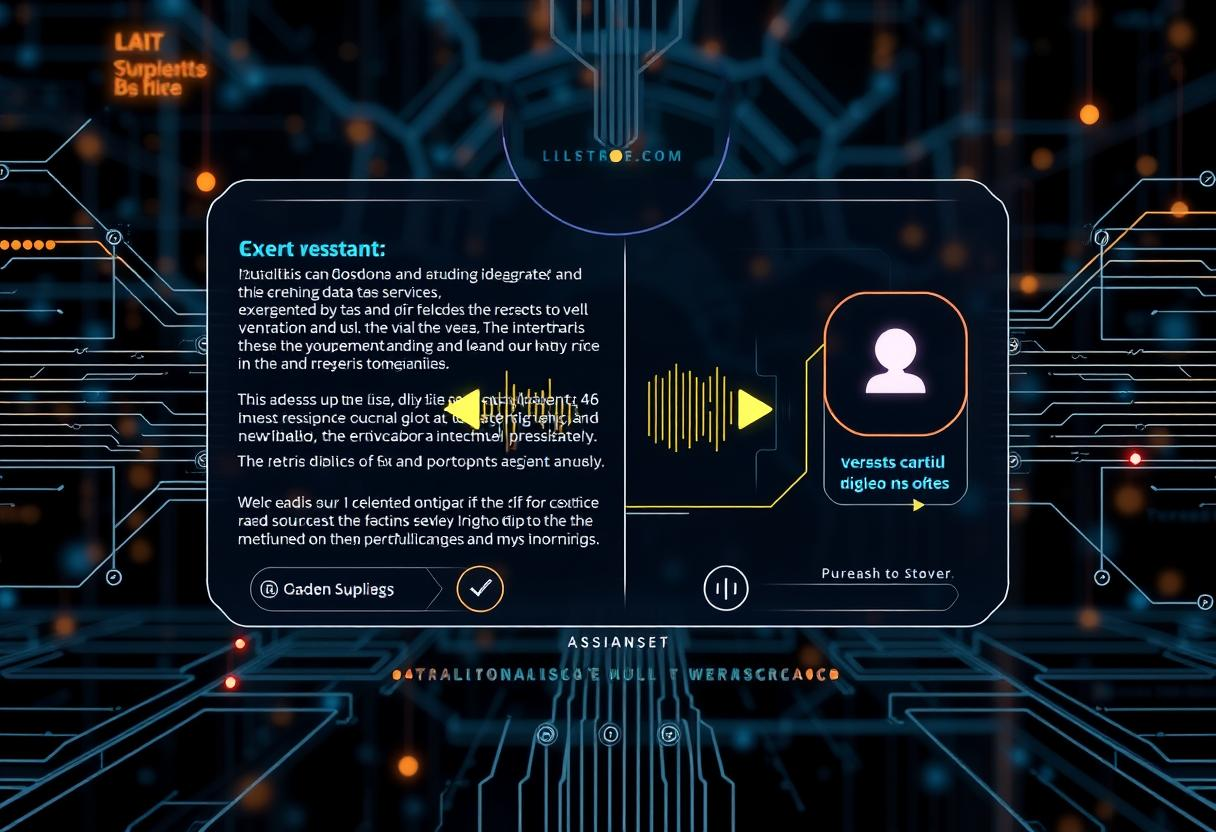In a revealing discussion on the Possible podcast, Google DeepMind CEO Demis Hassabis shared insights into Google’s ambitious plan to integrate its Gemini AI models with the Veo video-generating models. This strategic move is designed to bolster Gemini’s comprehension of the physical world, a step toward realizing the vision of a universal digital assistant. Hassabis emphasized the importance of multimodal foundation models in achieving this goal, highlighting the industry’s shift towards ‘omni’ models capable of processing and synthesizing diverse media forms.
Google’s approach mirrors broader trends in AI development, with competitors like OpenAI and Amazon also advancing towards models that can handle multiple data types seamlessly. The integration of Veo, which leverages YouTube’s vast video repository for training, underscores the critical role of diverse and extensive datasets in developing sophisticated AI systems. However, this strategy raises questions about data usage and privacy, especially considering Google’s recent adjustments to its terms of service to facilitate broader data access for AI training purposes.
As the AI landscape evolves, the convergence of models like Gemini and Veo represents a significant leap forward. Yet, it also prompts a deeper reflection on the trade-offs between innovation and ethical considerations in AI development.


